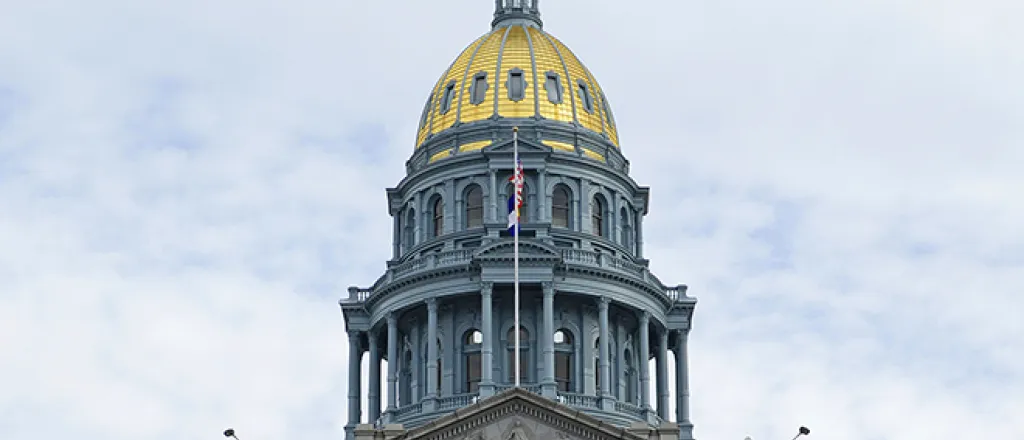
Slower economic growth, higher TABOR refunds projected in government forecasts
By Derek Draplin | The Center Square
Two forecasts for Colorado’s economy cite continued growth in the state, but noted a tight labor market would cause that growth to be muted in the coming years.
The state legislature’s Joint Budget Committee has received forecasts from the Legislative Council Staff and the Office of State Planning and Budget.
The forecasts estimate that taxpayers will see refunds granted by the Taxpayer’s Bill of Rights (TABOR), as the state collects revenue above the state spending cap.
In a statement, House Democrats said the spending caps “limit the state’s ability to invest in critical priorities, such as education and transportation.”
The Legislative Council staff forecast said the state can expect to see economic activity expand as job growth and rising wages continue.
The forecast said the state spending cap could be exceeded by $304.3 million in 2019-20, $367.3 million in 2020-21, and $453.4 million in 2021-22, triggering TABOR refunds for those years.
The Office of State Planning and Budget cited job growth leading to a record unemployment rate of 2.6 percent, but noted some industries have been hurt by tariffs and trade tensions.
The office projects revenue to be over the state spending cap by $279.9 million in 2019-20 and $404.5 million the following year.
The General Fund’s projected revenue, however, was lower than previous forecasts. The December forecast was nearly one percent less than estimated in September for both 2019-20 ($101.2 million) and 2020-21 ($99.8 million), the office said.
“The forecasts confirm that this year’s budget will be much tighter than before and will require difficult decisions on how to balance our state’s important priorities,” JBC Chair Rep. Daneya Esgar, D-Pueblo, said in a statement.
JBC Vice Chair Sen. Dominick Moreno, D-Denver, acknowledged the projected growth in the forecasts but laid blame on TABOR for limiting government spending.
“The real story behind both forecasts is how TABOR hamstrings essential spending for critical priorities like education, health care and transportation,” Moreno said. “As cash fund revenues increase, so do TABOR refunds. It’s important to continue looking for solutions to problems posed by TABOR in order to preserve the most basic services government provides.”
Sage Naumann, spokesman for Colorado Senate Republicans, said Democrats are using TABOR as a scapegoat for the state’s budget issues.
“It’s clear that Democrats are on a full-court press to blame every budgetary issue on TABOR in an effort to swing public approval,” he said. “Unfortunately, the fact remains that Democrats have consistently been less willing to fund our priorities – such as education and transportation – and have instead focused on adding new spending obligations via their pet projects.”
“Proposition CC was perfect evidence that the people of Colorado aren’t buying their story either,” Naumann added.
Colorado voters in November rejected Proposition CC, a ballot measure that would have allowed state government to permanently retain excess tax revenue. That excess revenue would have gone toward funding for K-12 education, higher education and transportation.

















